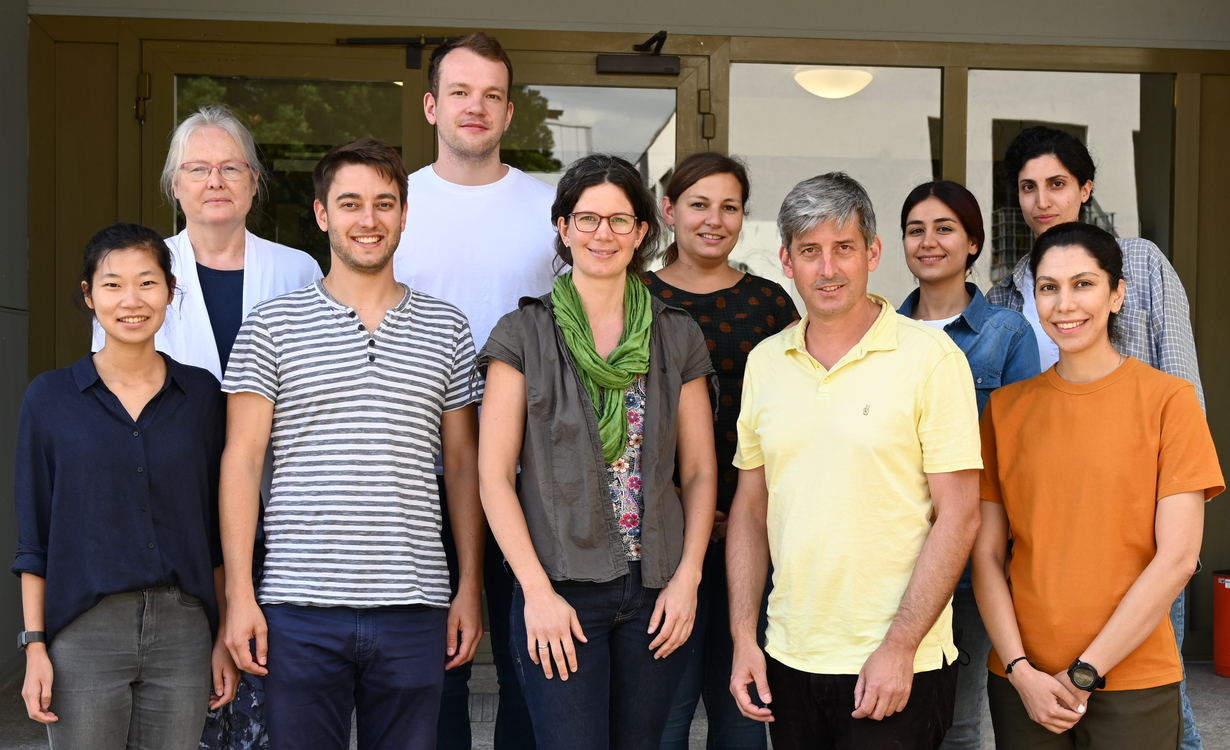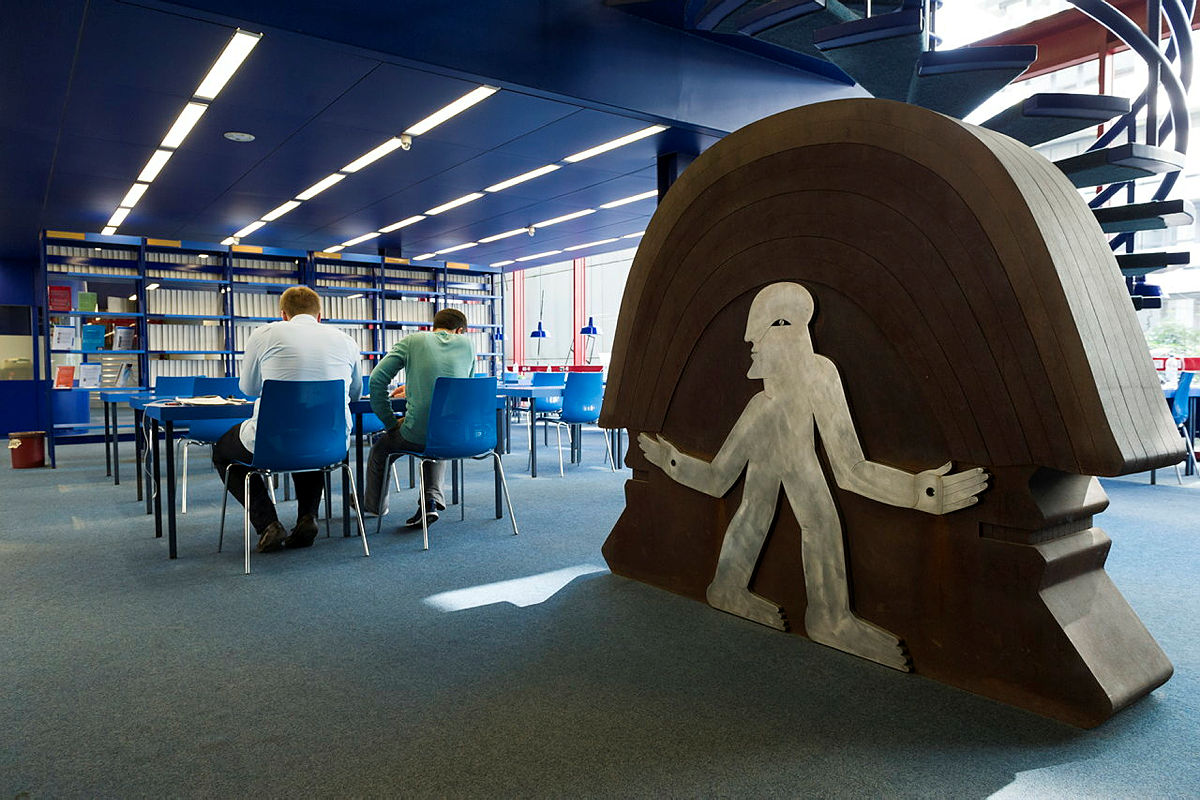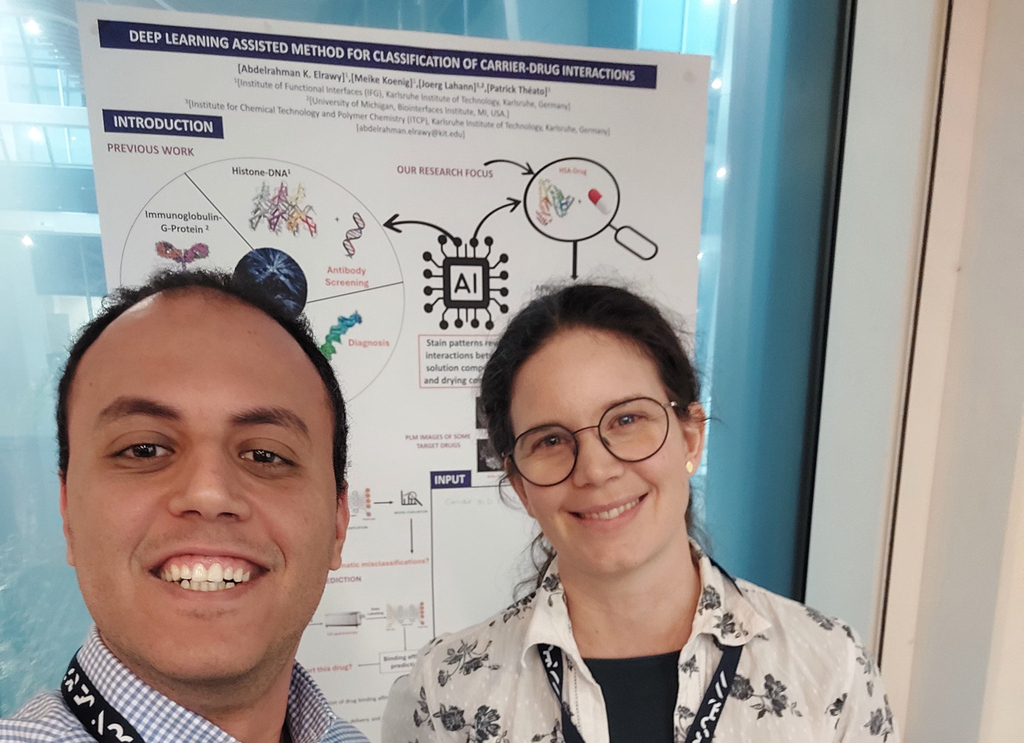
Within the frame of the EU-funded Marie Skłodowska-Curie Innovative Doctoral Network NanoRAM, we started a project on "Digitalization of Biomaterial Research via Deep Learning Approaches". Strongly collaborating with other groups across Europe and beyond, we will investigate drug-carrier interactions applying deep-learning methods.
NanoRAM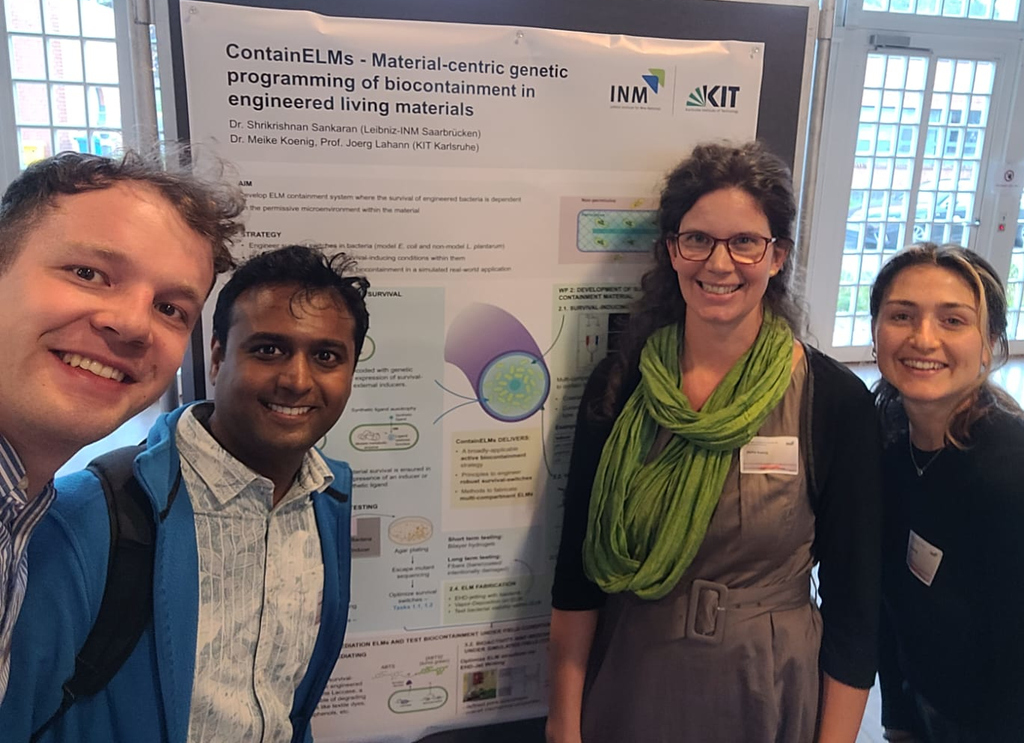
Within the frame of the SPP 2451 "Engineered Living Materials with Adaptive Functions", we started the project "ContainELMs". Together with Dr. Shriskrishnan Sankaran and Victoria Pinto from the INM – Leibniz Institute for New Materials in Saarbrücken, Robin Wilhelm and Dr. Meike König will work towards a safe usage of engineered organisms. For this we will develop materials with controlled internal properties using Electrohydrodynamic Co-Jetting and Chemical Vapor Deposition.
SPP 2451: Project ContainELMsDr. Muhammad Haseeb Iqbal won the 2022 C'Nano PhD Thesis Prize for Interdisciplinary Research in Nanoscience for his thesis entitled "Surface Engineering of Biobased Polymeric Nanofilms for Biomedical Applications" carried out at the Institute Charles Sadron & Lab. Biomaterials and Bioengineering - University of Strasbourg.
Congratulations, Haseeb!
c'nano2023Abteilung Neue Polymere und Biomaterialien

Biologische Grenzflächen mit kontrollierten Eigenschaften
Biologische Systeme zeigen eine spezifische Antwortreaktion an Grenzflächen, die ganz empfindlich von einer Vielzahl verschiedener Faktoren (z. B. chemische Zusammensetzung, geometrische und topologische Eigenschaften usw.) abhängt.
Um eine gezielte Steuerung dieser Reaktion zu erreichen, ist die Erzeugung von Materialen, bei denen all diese Eigenschaften auf der Mikro- und Nanometerskala eingestellt werden können, von höchster Wichtigkeit.
Die Abteilung Neue Polymere und Biomaterialien beschäftigt sich mit der zielgerichteten Darstellung solcher Materialien durch chemische und physikalische Methoden und dem Studium dieser Substrate auf biologische Systeme.
Arbeitsgruppen
| Kompetenz/Aufgabenfeld | |
| Materialsynthese |
Synthese organischer Substanzen (wie funktionalisierte [2.2] Paracyclophane and Pyridinophane, organische Linker und Keteneacetale) und funktionalisierter Monomere (z.B. zwitterionische Monomere und Lactone) Synthese von Polymeren (z.B. kontrollierte radikalische Polymerisation) |
| Funktionalisierte Beschichtungen Dr. Meike König |
Chemische Gasphasenabscheidungspolymerisation (CVD) Oberflächenmodifikation mittels kontrollierter Polymerisation und Click Chemie Erzeugung mikro- und nanostrukturierter Substrate Elektrohydrodynamisches Co-Jetting von Partikeln und Fasern |
Coverartikel
 |
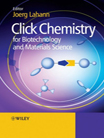 |
 |
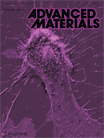 |
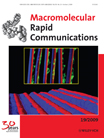 |
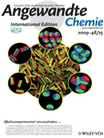 |
 |
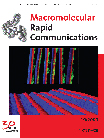 |
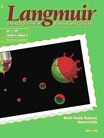 |
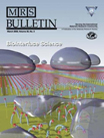 |
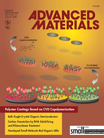 |
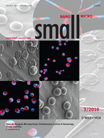 |
